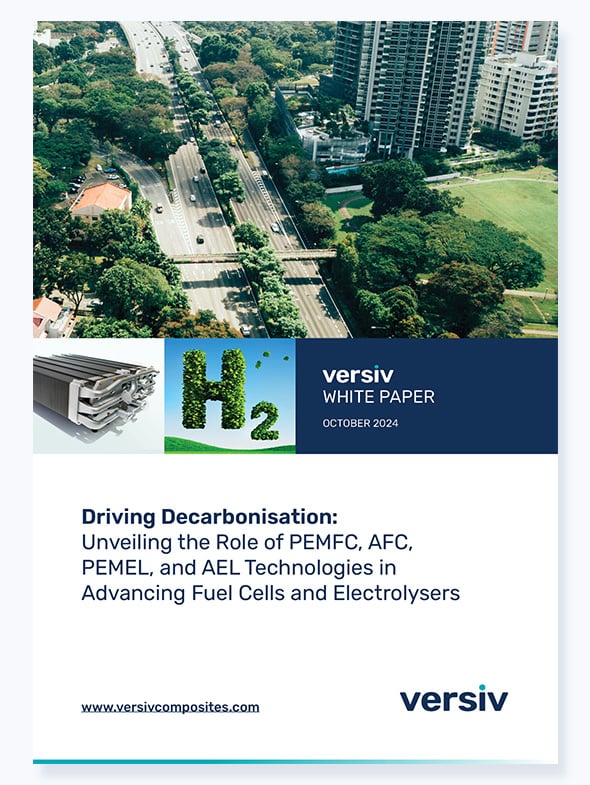

The world can make a big leap towards meeting energy efficiency targets if it champions materials aimed at reducing energy losses from friction. That’s the view of Versiv Composites Global Business Development Manager Automotive and Distribution, Michael Katzer, who presented at the 24th International Colloquium Tribology conference in Stuttgart, Germany on Thursday last.
“In general, whether automotive or industrial applications are involved, friction is responsible for 23% of energy losses on a global scale. Wherever something moves there is friction, and there is plenty of literature available to reinforce the urgency around tackling this issue.”
Katzer presented the company’s latest research, ‘Building tribology application testing to determine wear and characterisation of polymer-based composites’ at the event, an addition to the ongoing work being aimed at understanding the physics behind friction and design of sustainable systems.
Composite solutions to friction challenges
The Stuttgart conference showcased the latest innovation and thought leadership around the essential need for better low-friction technologies and greater understanding of frictio nand lubrication or tribology both at macroscopic and microscopic scales. There is much optimism among industry stakeholders that continuous advancements in technology and testing processes can eat into the significant energy losses caused by friction.
“We can make progress in reducing this friction energy loss through choosing materials and composite solutions with long-life properties. It was refreshing to meet industry stakeholders who understood the challenges involved in sustainability. They really look at life cycle analysis and know that even if they have bio-based materials there is still an environmental footprint involved. There is great interest in what a company like Versiv Composites can do to optimise materials, through such as coated films, PTFE coated fabrics, low friction linings and other low friction materials to achieve better outcomes from a sustainability perspective, supporting long life and durability and minimising energy waste.”
Low friction materials that meet sustainability requirements
Tribology testing is vital for understanding, optimising, and predicting the frictional behaviour,wear resistance, and overall performance of polymer-based composites. It aids in material selection, performance optimisation, design, failure analysis, quality control, and cost reduction, ultimately leading to enhanced product performance, durability, and sustainability.
Katzer’s presentation focuses on how Versiv Composites developed and then processed materials through a specific test matrix, providing conclusive evidence on how to improve coating formulations inthe process. The company’s testing equipment allows them to mimic an application in an accelerated way, to provide data on wear performance within hours, rather than the months often required in normal customer experience.
The research also encompassed the use off illers not previously used on the company’s composite materials, serving to identify areas of improvement for wear and friction performance.




